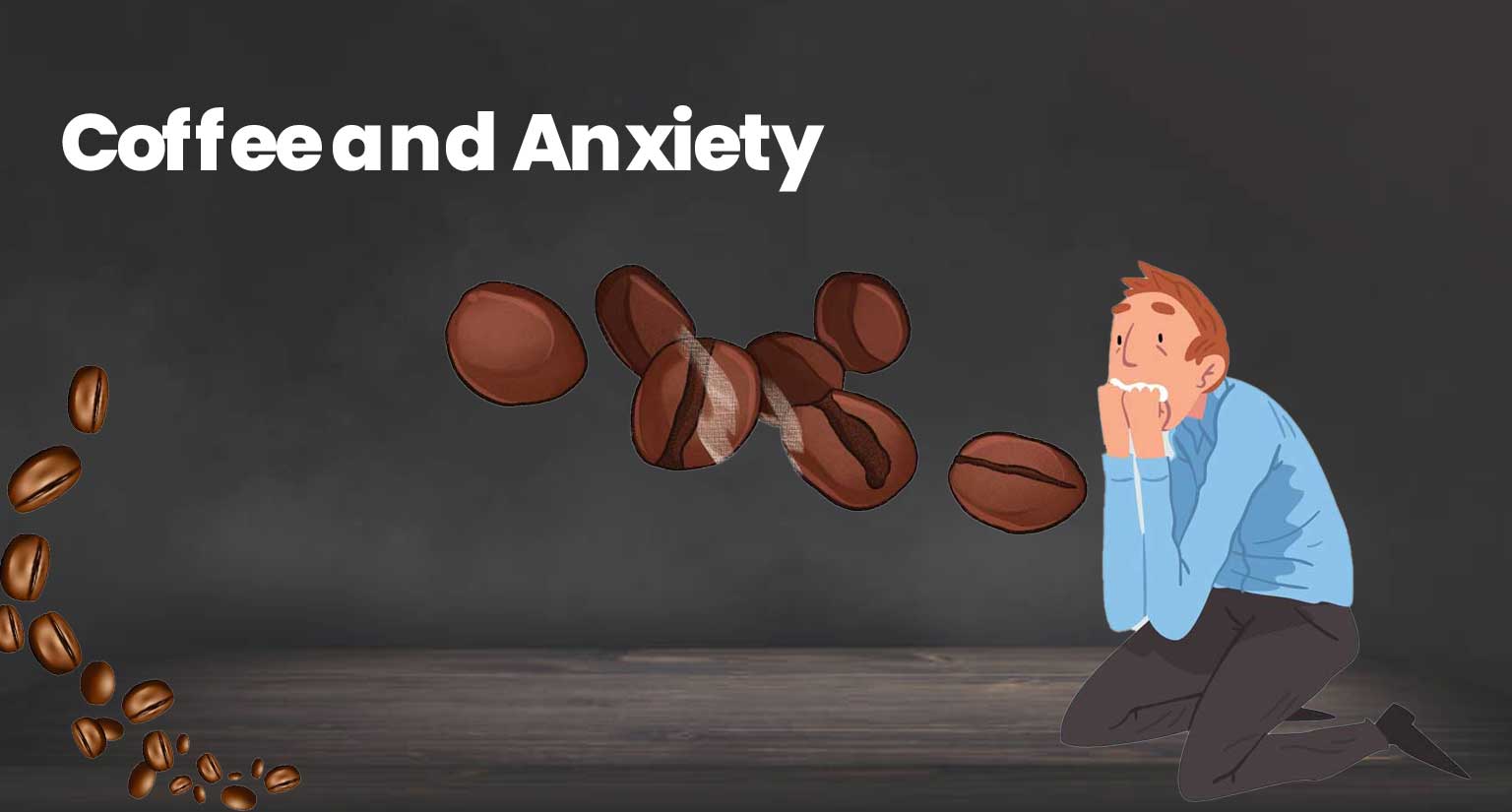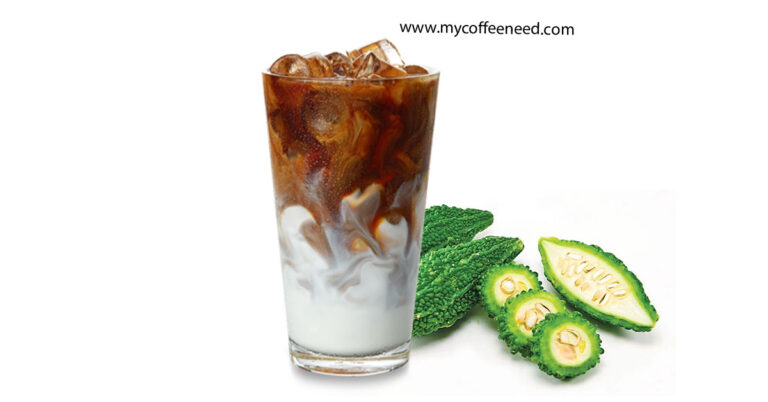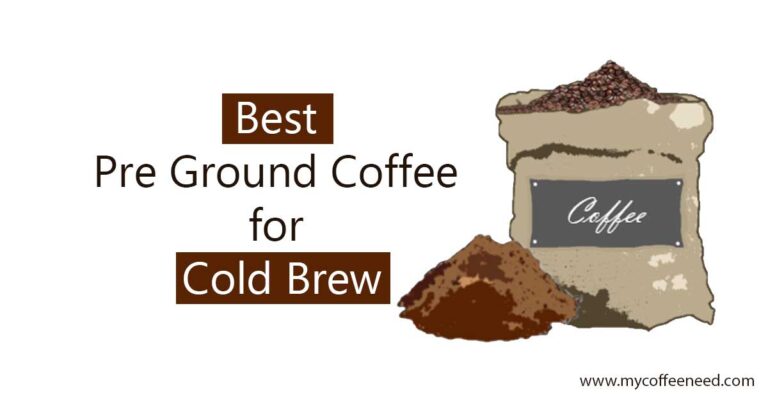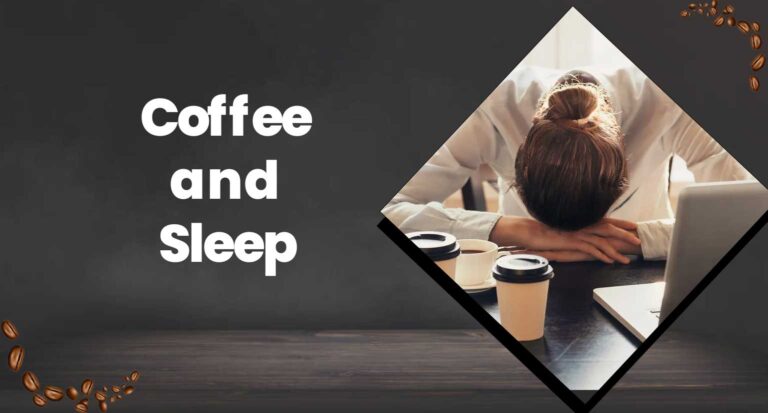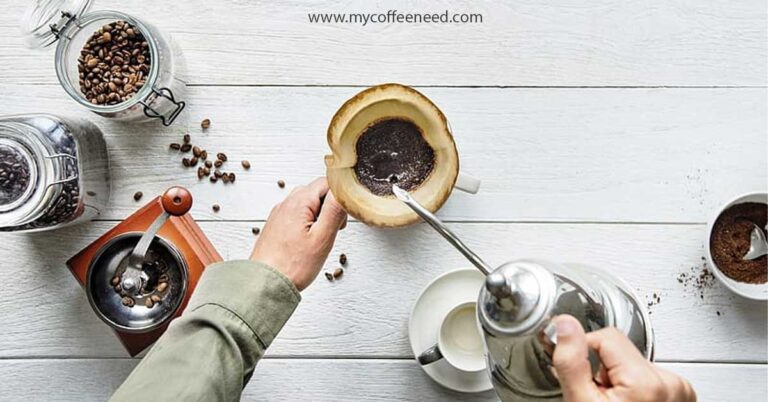Coffee and Anxiety
If you’re someone who starts their day with a warm cup of coffee, you’re not alone. For many of us, coffee is more than just a beverage; it’s an essential part of our daily routine.
The rich aroma, the comforting warmth, and that familiar first sip can be downright heavenly. But for some, the relationship between coffee and anxiety is a topic of concern.
In this article, we’ll explore the complex interplay between coffee and anxiety. We’ll delve into the science, the myths, and the practical considerations for coffee lovers who want to strike a balance between their caffeine fix and their mental well-being.
So, whether you’re a coffee aficionado or someone looking to manage anxiety, join us on this journey to uncover the truth about coffee and its impact on our emotions.
Does Coffee Help with Anxiety and Depression?
Coffee has long been celebrated as a morning pick-me-up, a source of energy, and a companion during late-night study sessions. But can it also be a potential ally in the battle against anxiety and depression? This question often stirs curiosity among coffee enthusiasts and those seeking ways to improve their mental health.
In this section, we’ll explore the intriguing relationship between coffee and these common mental health concerns. We’ll examine the scientific evidence, potential benefits, and important considerations for those looking to harness the power of caffeine to manage their emotional well-being.
So, let’s brew up some knowledge and discover whether coffee holds the key to a brighter mood and a calmer mind.
Can Coffee with Sugar Make You Anxious?
As a coffee lover, I’ve often found myself pondering the effects of that tempting combination: coffee with sugar. It’s a classic choice, offering a sweet contrast to the bitterness of coffee.
But is there a hidden price to pay in the form of increased anxiety? Let’s explore this intriguing question.
Many of us have experienced the jolt of energy that comes from sipping on a sugary coffee concoction. That instant rush can be invigorating, but it can also leave you wondering whether it’s a recipe for anxiety.
In this section, we’ll dive deep into the connection between sugar-laden coffee and its potential impact on anxiety levels.
We’ll uncover the science, separate fact from fiction, and provide you with the knowledge you need to make informed choices about your coffee habits.
So, grab your favorite cup of joe, and let’s unravel the mysteries of coffee with sugar and its potential effects on your mood.
Coffee and Anxiety
The relationship between coffee and anxiety is a subject that touches the lives of many. Whether you’re a regular coffee drinker or an occasional consumer, the effects of caffeine on your emotional state can’t be ignored.
In this section, we’ll take a closer look at how coffee influences anxiety levels and what you need to know to strike a harmonious balance.
For some, that morning cup of coffee is an essential ritual, providing a sense of alertness and motivation. But for others, it might trigger feelings of restlessness, nervousness, or even full-blown anxiety. The complexities of this relationship between coffee and anxiety are as varied as the coffee blends themselves.
In the following subheadings, we’ll explore the factors that come into play, including caffeine sensitivity, individual differences, and the importance of moderation. Whether you’re seeking ways to enjoy your coffee without anxiety or looking for alternatives, we’ve got you covered.
So, let’s journey through the nuances of coffee and anxiety, helping you make informed choices that align with your well-being.
Can Coffee Help with Anxiety?
It’s no secret that a freshly brewed cup of coffee has the power to awaken your senses and boost your alertness.
But could it also be a surprising ally in the battle against anxiety? In this section, we’ll explore the intriguing possibility that coffee might offer relief to those dealing with anxious feelings.
While coffee is often associated with increased alertness, it’s essential to delve into the science behind its impact on anxiety.
Does caffeine possess the potential to soothe frayed nerves, or does it exacerbate the symptoms of anxiety? We’ll uncover the research, share practical tips, and provide you with a deeper understanding of whether coffee can be harnessed as a tool for managing anxiety.
Join us as we navigate the complex landscape of coffee and its potential to offer solace amidst life’s stresses. Whether you’re a coffee enthusiast searching for a new perspective or someone seeking natural ways to alleviate anxiety, this exploration aims to shed light on the relationship between coffee and this prevalent emotional state.
What Does Anxiousness Exactly Mean?
Anxiety, or anxiousness, is a term that we often hear, but what does it really entail? As someone who has grappled with anxious feelings in the past, I understand the importance of demystifying this complex emotion.
Anxiousness, in essence, is a state of uneasiness or apprehension. It’s that sensation of restlessness that can creep into your mind and body, making you feel on edge. It’s as though your thoughts are racing, and a subtle sense of worry lingers in the background.
But anxiousness is not just a single, one-size-fits-all feeling. It can manifest in various forms and intensities. For some, it might be a fleeting bout of nervousness before a big presentation, while for others, it’s a persistent sense of dread that colors their everyday life.
It’s crucial to recognize that anxiousness is a normal part of the human experience. We all encounter moments when our hearts race, and our minds churn with worry. It’s our body’s way of reacting to stressors, alerting us to potential threats, or preparing us to face challenges.
However, when anxiousness becomes chronic, overwhelming, or interferes with our daily functioning, it can transition into a full-blown anxiety disorder. This is a condition that deserves attention and, in many cases, professional help.
In this section, we’ll explore the intricacies of anxiousness, from its physical manifestations to its emotional toll. We’ll also discuss how coffee, a beloved beverage for many, can influence these feelings.
Understanding anxiousness is the first step in managing it effectively, and I’m here to guide you through this journey of self-discovery and empowerment.
Certainly, let’s explore the seven common causes of the relationship between coffee and anxiety in detail:
7 Causes of Coffee and Anxiety
If you’ve ever felt your heart race or your mind become jittery after sipping a cup of coffee, you’re not alone. The connection between coffee and anxiety is a topic that many individuals are curious about.
While coffee can provide a much-needed energy boost, it can also trigger or exacerbate feelings of anxiety in some people. Here, we’ll delve into the seven key causes behind this intricate relationship.
1. Caffeine Sensitivity: Not everyone metabolizes caffeine at the same rate. Some individuals are highly sensitive to even small amounts of caffeine, which can lead to increased heart rate, restlessness, and heightened anxiety. If you suspect caffeine sensitivity, reducing your coffee intake or opting for decaffeinated options may help.
2. Stimulant Effect: Coffee is a stimulant, and its primary active ingredient, caffeine, stimulates the central nervous system.
This stimulation can lead to an increase in the production of stress hormones like cortisol, potentially amplifying feelings of anxiety.
3. Sleep Disruption: Overconsumption of coffee, particularly later in the day, can disrupt sleep patterns. Sleep deprivation is closely linked to heightened anxiety levels. Poor sleep quality can leave you feeling more irritable, anxious, and less equipped to manage stress.
4. Blood Sugar Fluctuations: Coffee on an empty stomach can lead to rapid blood sugar spikes and crashes, which can trigger feelings of anxiety and irritability. Pairing your coffee with a balanced meal or snack can help stabilize blood sugar levels.
5. Acidity: Coffee is naturally acidic, and for some individuals, this acidity can lead to gastrointestinal discomfort, including acid reflux or indigestion. These physical discomforts can contribute to feelings of anxiety or unease.
6. Withdrawal Symptoms: If you’re a regular coffee drinker, suddenly reducing or eliminating your caffeine intake can lead to withdrawal symptoms, including increased anxiety. Gradual reduction or caffeine alternatives can help mitigate these effects.
7. Individual Differences: Each person’s biochemistry and tolerance to caffeine are unique. Factors such as genetics, overall health, and even the presence of other medical conditions can influence how coffee affects anxiety. What works for one person may not work for another.
It’s essential to remember that the relationship between coffee and anxiety is highly individualized. While some individuals may experience anxiety as a direct result of coffee consumption, others may enjoy coffee without any adverse effects.
Understanding your body’s response to caffeine and making informed choices about your coffee consumption can help you strike the right balance between enjoying your favorite brew and managing anxiety effectively.
Conclusion
In this exploration of the intricate relationship between coffee and anxiety, we’ve journeyed through the complexities of this evergreen topic. Coffee, with its rich aroma and invigorating taste, holds a special place in the hearts of many.
It’s a beverage that brings comfort, warmth, and energy to our daily routines. Yet, for some, it’s also a source of concern when it comes to anxiety.
We’ve examined the potential benefits and drawbacks of coffee consumption for individuals dealing with anxiety. From the stimulating effects of caffeine to the nuances of caffeine sensitivity, sleep disruption, and blood sugar fluctuations, we’ve uncovered the key factors that contribute to this relationship.
It’s important to emphasize that the impact of coffee on anxiety is highly individualized. While some may find that moderation or caffeine alternatives provide relief, others may need to limit their coffee intake to manage their emotional well-being effectively.
Ultimately, the key lies in self-awareness and balance. Understanding your body’s response to coffee and being mindful of your consumption can help you enjoy your coffee ritual while safeguarding your mental health.
If you find that coffee exacerbates your anxiety, exploring decaffeinated options or herbal alternatives might be a beneficial choice.
Coffee and anxiety need not be adversaries; instead, they can coexist harmoniously when approached with knowledge and moderation.
Whether you’re a coffee aficionado seeking a deeper understanding of its effects or someone looking to manage anxiety more effectively, this journey of discovery aims to empower you to make informed choices that align with your well-being.

